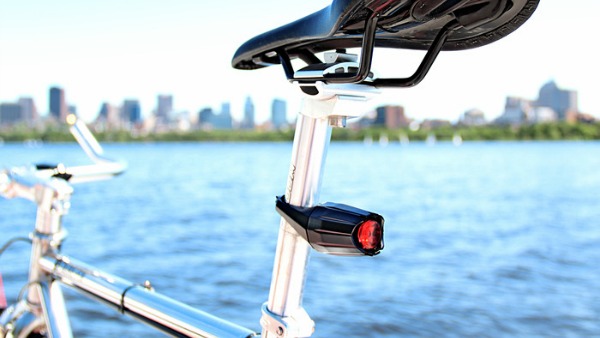
YokoGirl World had a lot of rules.
“Stop trying to make geoengineering happen. It’s NOT going to happen.” Although Regina George never uttered that exact line, her unique flavor of high school bossiness sure could come in handy next week. That’s when a bunch of scientists will present “ironclad evidence” to global policymakers showing that our fossil fuel use and clearcutting are directly connected to climate change.
Will the evidence alone be enough to spur action? NBC thinks not … which is why peer pressure could be vital. NBC cites Elliot Diringer, the executive VP of the Center for Climate and Energy Solutions:
The trick, he explained to NBC News, is to reach an international agreement overseeing this patchwork of pledges “that does more than simply add up the national efforts. You want an agreement that actually raises the overall level of ambition.” This could be achieved via a peer-pressure type system where countries scrutinize each other’s pledges, encouraging them to stretch the realm of possibility.
Instead of wearing pink on Wednesdays and only getting to wear your hair in a ponytail one day a week (so I GUESS you picked today), countries could be jerks to each other about who’s behind on meeting their Copenhagen Accord pledge or whose pledge was skimpy to begin with. (Australia, your “5 percent to 25 percent” less in 2020 compared to 2000 is sounding a bit vague, you skank.) As Climate Central notes:
[M]any pledges were conditional. Some countries, for example, said they would not undertake emissions reductions unless other nations lived up to their pledges as well.
This could lend itself to friendly jeering along the lines of “I did mine; now you do yours.” Hey, if competing with your neighbors can effectively help people lower their home energy use, maybe some healthy peer pressure is just what the world needs to slow our rapid warming. So REDUCE YOUR EMISSIONS or we’ll tell everyone you made out with a hot dog.



